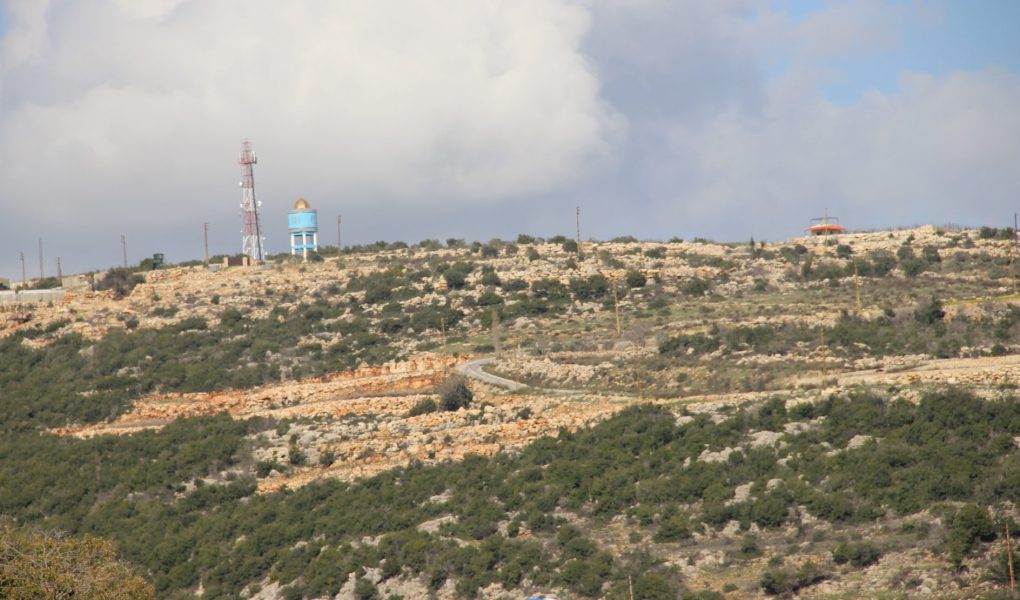Despite fatigue among its ranks and diminished stockpiles after nearly a year of war, the Israeli military still has the capacity to launch an invasion of Lebanon, having wound down its military operations in the Gaza Strip in recent weeks, security experts said.
“Israel has sufficient resources to undertake a ground invasion,” said Brig. Gen. Yaacov Ayish, former commander of the Israeli military’s operations directorate. “Nobody wants a war, but this is a war that has been imposed on us.”
For just under a year, Israel has been fighting Hamas in Gaza, in an effort to dismantle the militant group after it led brutal attacks on Israel on Oct. 7 last year. Then in August, Israel ramped up its operations against militants in the Israeli-occupied West Bank.
Now, Israel military leaders have suggested Israel could launch a ground invasion of Lebanon with the aim of undermining Hezbollah, the armed group that dominates the country.
Hezbollah has been firing rockets and drones on Israeli territory in solidarity with Hamas since Oct. 8, a day after the Hamas-led attacks on Israel left 1,200 people dead, setting off the war in Gaza. Since then, Hezbollah and Israel have been engaged in back-and-forth air attacks, killing combatants and civilians, destroying homes and setting farmland on fire.
Over the past week, the Israeli military has greatly expanded its attacks on Hezbollah by launching a major bombing campaign, with the declared aim of returning some 60,000 displaced residents of northern Israel to their homes.
The airstrikes, the most significant by Israel since its 2006 war with Hezbollah, have killed senior commanders in the group and blown up its weapons stores. The Lebanese health ministry has said more than 600 people have been killed, including women and children.
Still, the security experts expressed skepticism about a potentially drawn out Israeli invasion without a clear end goal in sight.
“Fighting a short battle is possible,” said Brig. Gen. Assaf Orion, a former senior official in the Israeli military’s planning directorate. “But if it drags from weeks to months to years, I’m doubtful.” He added that he did not believe Israel’s stockpiles could sustain a yearslong incursion.
A senior Israeli security official, who spoke on condition of anonymity to discuss operational details, said that while the military had used more munitions than it originally expected in Gaza, it had managed its stockpiles, taking into consideration the possibility of a major operation in Lebanon.
On Wednesday, Lt. Gen. Herzi Halevi, the Israeli military’s chief of staff, suggested that the country’s forces were gearing up for a possible ground invasion.
“You hear the jets overhead; we have been striking all day,” General Halevi told soldiers along Israel’s northern border with Lebanon. “This is both to prepare the ground for your possible entry and to continue degrading Hezbollah.”
The military has also called up two brigades to the north and allowed an Israeli television reporter to interview soldiers simulating a ground incursion in a forested region.
General Ayish said that in his view a ground invasion should focus on clearing the border region of Hezbollah’s fighters and destroying its weapons infrastructure, including tunnels carved into the rocky underground.
“We need to take all actions necessary to disrupt Hezbollah’s ability to attack our communities in the north,” said General Ayish, who now is a senior vice president at the Jewish Institute for National Security of America.
Israel could later withdraw to its territory, he added, leaving open the possibility to carry out pinpointed attacks against Hezbollah if it attempts to reconstitute itself by the border.
Still, a diplomatic agreement, General Ayish and other experts said, was needed to ensure that residents of northern Israel can return to their homes.
“I don’t think Israel should try to defeat Hezbollah militarily,” said Ofer Shelah, a former member of Israel’s Parliament, the Knesset, and an author of books on military affairs. “So what you need to do is a diplomatic effort alongside the military one.”
Hezbollah has repeatedly said it would not agree to stop firing on Israel until Hamas and Israel agree to a cease-fire in Gaza. Efforts to achieve a truce have faltered time after time as Israel and Hamas have staked out incompatible positions.
And Israeli officials have indicated he wants to pressure Hezbollah into halting its attacks on Israel, even without a truce in Gaza.
Many of the experts doubt that Hezbollah would back off its position, even if Israel escalated further.
“There’s no separating between Gaza and Lebanon,” Mr. Shelah said.
Originally published by The New York Times.

